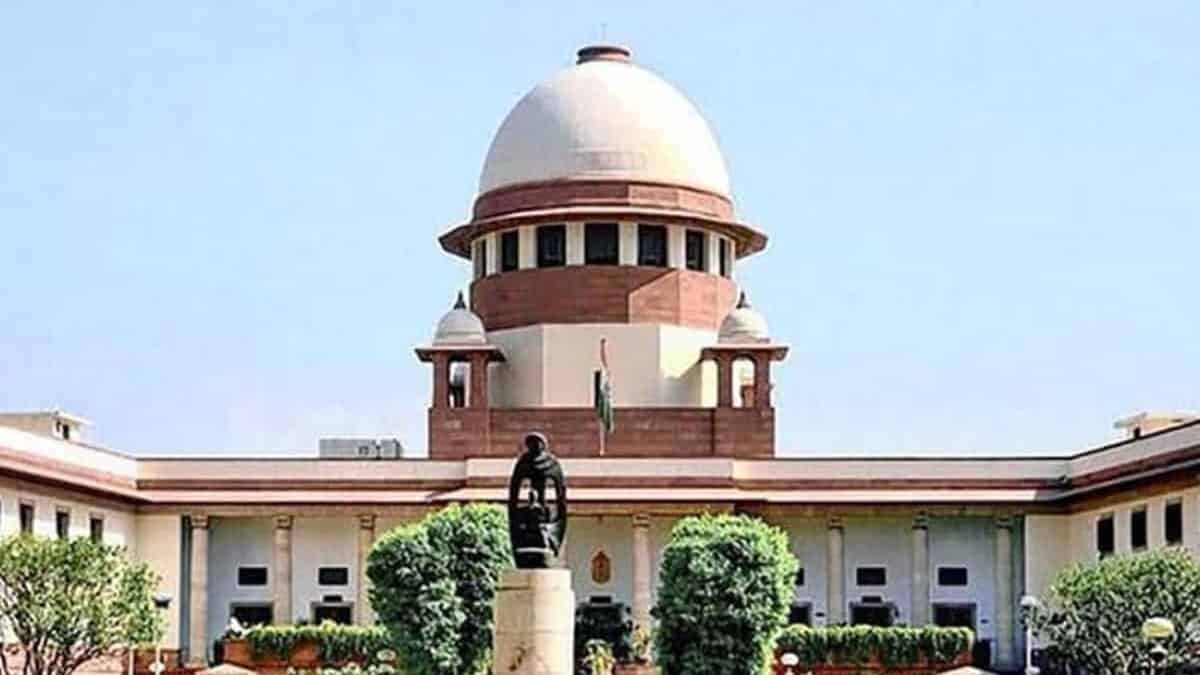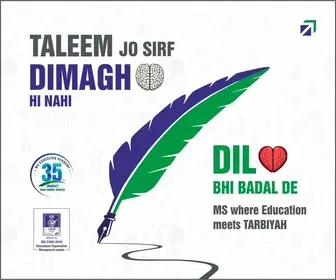
New Delhi: The Supreme Court on Wednesday, July 16, sought Uttar Pradesh government’s response on a plea against certain provisions of the 2024 amended UP law on unlawful religious conversion.
A bench of Justices Vikram Nath and Sandeep Mehta issued notice to the state asking for its response.
It tagged the plea for hearing with other pending petitions raising similar issues.
The top court was hearing a plea filed by academician Roop Rekha Verma, who hails from Lucknow, and others against the amended law.
The petitioners have called certain provisions of the Uttar Pradesh Prohibition of Unlawful Conversion of Religion Act amended in 2024 “vague and overly broad”, arguing their ambiguity infringed upon free speech and religious propagation.
The Act prohibits and criminalises religious conversions through misrepresentation, force, fraud, undue influence, or allurement. It can cause penalties, including imprisonment and fines. Individuals wishing to convert should provide advance notice to the district magistrate.
The plea, filed through advocate Purnima Krishna, argues the law infringes upon Articles 14 (equality before the law), 19 (freedom of speech and expression), 21 (right to life and personal liberty), and 25 (freedom of religion) of the Constitution.
Sections 2 and 3 of the Act, it claimed, were “vague, overly broad, and lack clear standards” which made it difficult to determine what constituted an offense.
“This ambiguity infringes upon free speech and religious propagation, enabling arbitrary enforcement and discriminatory application. Penal laws must be precise; vague provisions violate constitutional principles by granting excessive discretion to authorities, failing to provide reasonable notice, and risking wrongful prosecution of innocent individuals,” the plea said.
This ambiguity opens the door to arbitrary enforcement and discriminatory practices, especially against individuals seeking to practice or propagate their faith, it added.
The plea said penal laws must be defined with precision to prevent misuse by authorities and avoid the wrongful prosecution of innocent citizens.
The amendment’s “key concern” was said to be the expansion of the category of persons authorised to file complaints without incorporating procedural safeguard.
“The law presumes mal-intent behind all religious conversions and views adult individuals with suspicion, thereby reducing them to subjects whose personal decisions must be validated by the state,” it said.
Challenging the proportionality of the prescribed punishment which it said were “excessive”, the plea said, “The government, by assuming the role of protector of religious identities, encroaches on the individual’s right to choose their faith.”
Referring to Section 5 of the law, the plea said, it is wrongly assumed all women, regardless of their background, are vulnerable to illegal conversions, reinforcing harmful stereotypes undermining their autonomy.
The state’s counsel said similar pleas challenging the law were pending before the bench headed by the Chief Justice of India.
The counsel for the petitioners pointed out the plea was only challenging the law’s amendments in 2024.
The top court had agreed to examine the plea on May 2.
The top court is seized of various petitions challenging the validity of various state laws on religious conversions.


